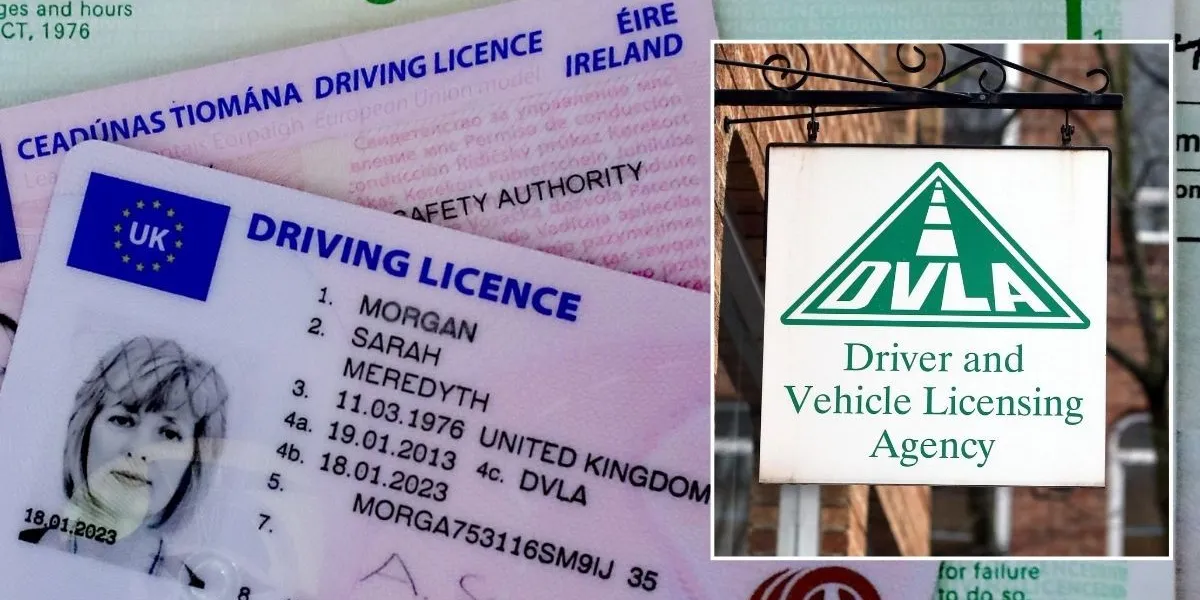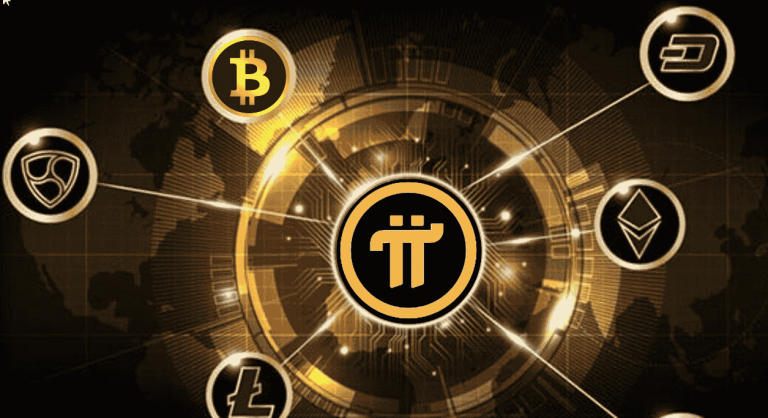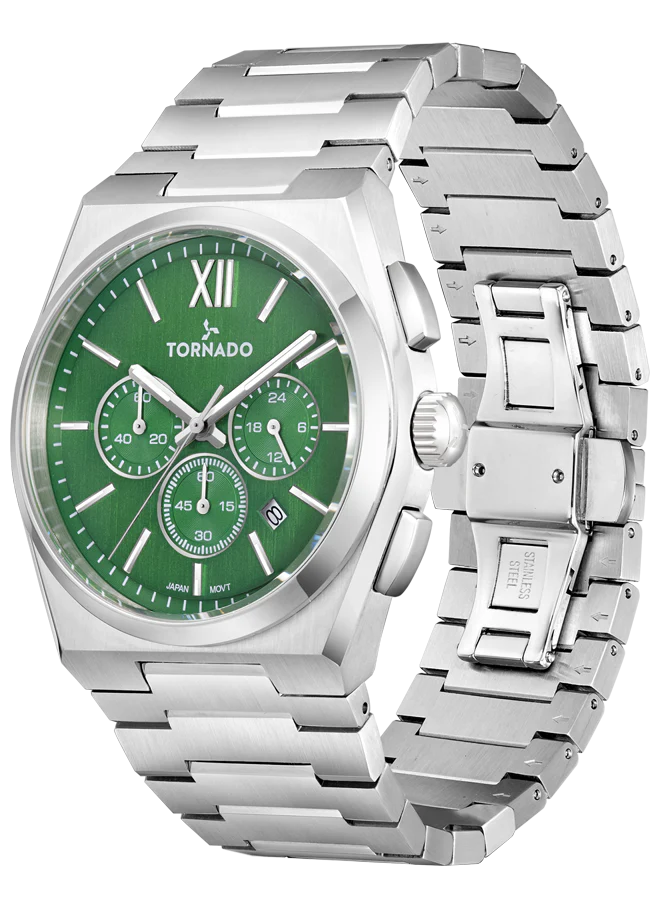What Is DVLA? The DVLA stands for the Driver and Vehicle Licensing Agency.
The Driver and Vehicle Licensing Agency (DVLA) is a government department in the United Kingdom responsible for maintaining a database of drivers and vehicles. It ensures that all drivers meet the necessary legal standards to be on the road and works to ensure road safety through licensing, registration, and enforcement.
The DVLA is responsible for issuing driving licenses, registering vehicles, and collecting road tax. Additionally, it plays an essential role in maintaining a driver’s record, which includes driving history, penalties, endorsements, and the status of their license. When certain conditions or violations occur, the DVLA has the authority to suspend or revoke a person’s driving privileges.
Understanding License Revocation: What Does It Mean?
License revocation refers to the permanent removal of an individual’s legal right to drive. This is different from a temporary suspension, where the individual can regain their driving privileges after a specified period. In contrast, a revoked license means that the driver has lost the right to drive indefinitely, unless they take specific legal actions to regain it.
There are various reasons why a license may be revoked. Common causes include:
- Driving Under the Influence (DUI): If an individual is caught driving under the influence of alcohol or drugs, their license can be revoked.
- Serious Traffic Violations: Convictions for serious driving offenses, such as dangerous driving or reckless driving, can lead to revocation.
- Accumulation of Points: In the UK, drivers accumulate points on their licenses for traffic offenses. If the driver accumulates enough points (12 or more), their license can be revoked.
- Medical Reasons: A medical condition that impairs an individual’s ability to drive safely can result in license revocation.
- Failure to Meet Licensing Requirements: If a driver fails to meet the criteria for holding a valid license (e.g., failure to renew, inability to pass medical assessments), their license may be revoked.
The DVLA’s Role in License Revocation
The DVLA plays a pivotal role in revoking a driving license. When a driver is convicted of a serious offense or fails to meet the requirements to drive, the DVLA will begin the process of revocation. In some cases, this process may be automatic, such as when a driver accumulates 12 or more penalty points. In other cases, the DVLA may carry out an investigation into the driver’s fitness to drive, especially if there is concern about a medical condition or impairment.
Once the DVLA revokes a license, the driver will typically receive a notification outlining the reason for the revocation and any steps they may need to take to appeal the decision or reapply for their license in the future.
How Does the Revocation Process Work?
The revocation process is typically a formal procedure that follows a series of steps. The steps may vary depending on the reason for revocation, but the general process is as follows:
- Notification of Offense or Violation:
- The first step in the process is typically when the driver is informed of the offense or violation that led to their license being at risk. This could be through a court ruling, a police report, or an administrative decision by the DVLA.
- Investigation:
- In some cases, the DVLA may need to conduct an investigation into the driver’s history, health, or the details of the incident. This investigation could involve reviewing police reports, medical records, or other relevant documentation.
- Decision:
- After reviewing the case, the DVLA will make a decision on whether to revoke the license. If the license is revoked, the driver will be informed in writing.
- Appeal Process:
- If a driver disagrees with the revocation decision, they have the right to appeal. This could involve presenting evidence to a tribunal or court to challenge the decision. In certain cases, the driver may be able to have their license reinstated.
- Reapplication:
- In some cases, a driver may be able to reapply for their license after a specific period. This may require them to pass additional medical evaluations, driver’s tests, or meet other conditions set by the DVLA.
Common Reasons for License Revocation
There are several reasons why a person’s driving license may be revoked, each with its own set of rules and conditions.
- Excessive Points on License:
- In the UK, a driver can accumulate penalty points for various driving offenses. These points are added to the driver’s record, and the total number of points is recorded on their license. If a driver accumulates 12 or more points on their license within three years, their driving privileges may be revoked.
- Driving Under the Influence (DUI):
- Driving under the influence of alcohol or drugs is a serious offense. If a driver is convicted of DUI, they may face a license revocation, depending on the severity of the offense. This can also include penalties such as fines, imprisonment, or mandatory alcohol/drug education courses.
- Dangerous or Reckless Driving:
- Drivers convicted of dangerous or reckless driving may face license revocation. These offenses involve actions that put other drivers and pedestrians at significant risk, such as excessive speeding or ignoring traffic signals.
- Medical Conditions:
- Certain medical conditions can impair a driver’s ability to operate a vehicle safely. If a driver develops a condition that affects their physical or mental capabilities, such as epilepsy, heart conditions, or neurological disorders, the DVLA may revoke their license. Drivers must also inform the DVLA about any medical conditions that may affect their driving.
- Failure to Renew or Meet Licensing Requirements:
- In some cases, a license may be revoked due to the driver’s failure to meet certain administrative requirements, such as renewing their license on time, failing to meet vision standards, or not passing the required medical examinations.
Consequences of License Revocation
The revocation of a driving license can have severe consequences for individuals. These consequences can be social, economic, and legal:
- Inability to Drive:
- The most immediate consequence of a revoked license is the inability to drive legally on public roads. This can severely affect a person’s ability to commute to work, attend family events, or run errands.
- Financial Impact:
- Losing the ability to drive can lead to increased costs for transportation, such as the need to rely on public transit or pay for taxis or ridesharing services. Additionally, individuals may face fines or legal costs associated with the revocation process.
- Legal Consequences:
- In some cases, if an individual continues to drive while their license is revoked, they could face further legal penalties, including fines and imprisonment. This can exacerbate the individual’s legal and financial troubles.
- Reputation and Employment:
- A revoked license can have social consequences, particularly for individuals who rely on driving for work. This includes delivery drivers, truck drivers, and those in jobs requiring mobility. A revoked license can also damage a person’s reputation, especially if the revocation is related to serious offenses like DUI or reckless driving.
Steps to Take After License Revocation
If your license has been revoked, it’s essential to take the right steps to resolve the situation and possibly regain your driving privileges:
- Understand the Reason for Revocation:
- Review the official letter or notice you receive from the DVLA to understand the specific reason for the revocation. This will guide your next steps.
- Appeal the Decision (if applicable):
- If you believe the revocation was unfair, you have the right to appeal the decision. Consult a legal expert or solicitor to help with the appeal process.
- Meet the Conditions for Reapplication:
- In some cases, you may be able to reapply for your license after meeting specific conditions, such as completing a driving course, passing a medical evaluation, or waiting for a certain period.
- Seek Professional Legal Help:
- If the revocation is related to serious offenses, such as DUI, seeking legal counsel can help you understand your rights, reduce penalties, and provide assistance with any appeals.
Conclusion
The revocation of a driving license is a serious consequence that affects an individual’s ability to drive legally. Whether due to accumulating points, committing serious driving offenses, or medical reasons, a revoked license can have far-reaching implications for a person’s personal and professional life. The DVLA plays a crucial role in overseeing the revocation process, ensuring that only qualified and responsible drivers remain on the road.
Understanding the reasons behind license revocation, the processes involved, and the consequences can help individuals navigate the situation effectively. By following the right steps, individuals may be able to regain their driving privileges or find alternative solutions to keep their lives on track.






